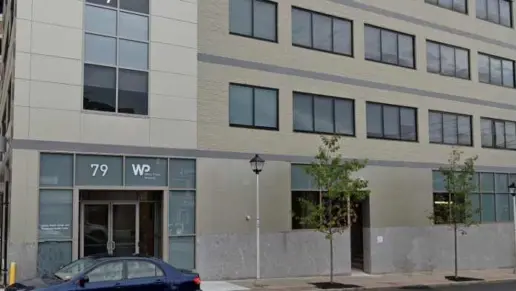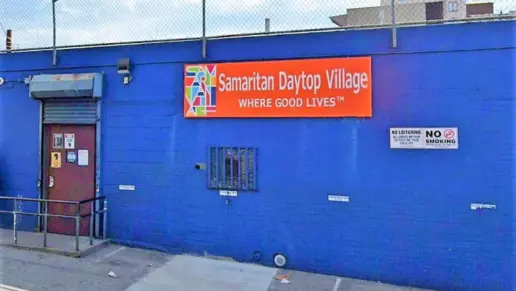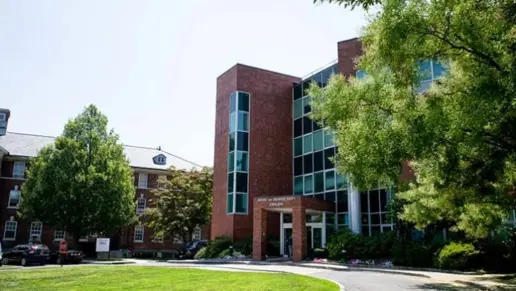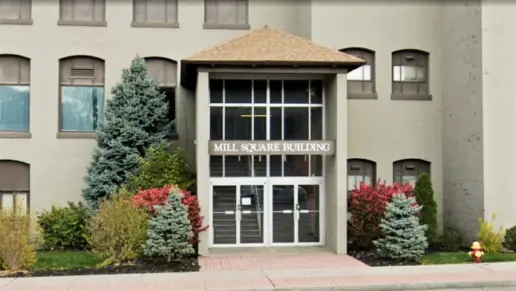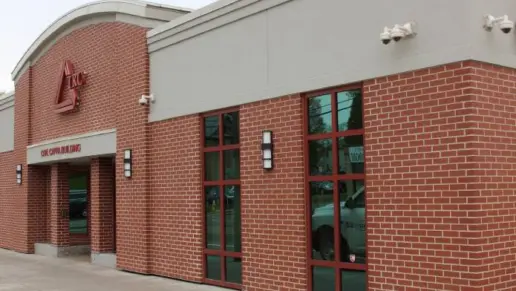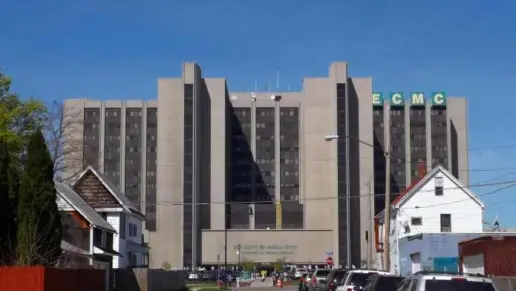About Pride of Judea – Closed
Pride of Judea Counseling Services was a center run by the Jewish Board, located a few blocks south of Little Bay Park in Flushing, New York. During its operation between 2000 and 2021, it was one of the many locations from which the Jewish Board fulfilled their mission of empowering New Yorkers by providing access to critical social services of various kinds. At this particular location, children, adolescents, and adults could get access to the Jewish Board’s behavioral healthcare counseling services, which would have included assistance for individuals looking to overcome addictions who did not have intensive needs.
The Jewish Board’s Ongoing Counseling Services
While Pride of Judea is now closed, the Jewish Board still operates many counseling centers where they provide help for those facing mental and behavioral health issues, including addiction. Their services are offered without discrimination to individuals from all religions, sexual orientations, and socioeconomic backgrounds.
In their adult recovery support program, they offer individual counseling and psychiatric assistance to help individuals develop behavioral patterns that steer away from addiction so they can achieve and maintain sobriety. They also offer group therapy, peer support, relapse prevention planning, and can provide medication assisted treatment (MAT) where appropriate.
Counseling Designed to Work for the Individual
Their counseling approach is built around giving each individual the care and tools they require to thrive. Part of this individualized approach means that, where necessary, they will also coordinate the services you receive in a way that helps any co-occurring conditions, including depression, anxiety, and ADHD. Their staff is also trained to be sensitive to any traumas you may be carrying with you.
In between sessions you could have visited Alley Pond Park and Queens County Farm Museum to unwind. Even though Pride of Judea is no more, you can still drop by the local sites to relax.
Latest Reviews
Rehab Score
Accepted Insurance
Other Forms of Payment
Medicaid is a state based program that helps lower-income individuals and families pay for healthcare. Medicaid covers addiction treatment so those enrolled can use their coverage to pay for rehab. When a program accepts Medicaid the client often pays very little or nothing out of their own pocket.
Private insurance refers to any kind of healthcare coverage that isn't from the state or federal government. This includes individual and family plans offered by an employer or purchased from the Insurance Marketplace. Every plan will have different requirements and out of pocket costs so be sure to get the full details before you start treatment.
Self-pay involves paying for treatment out of your own pocket. You can use savings or credit, get a personal loan, or receive help from family and friends to fund your treatment. If you don't have insurance or your insurance plan doesn't cover a specific program, self-pay can help ensure you still get the care you need.
Medicare is a federal program that provides health insurance for those 65 and older. It also serves people under 65 with chronic and disabling health challenges. To use Medicare for addiction treatment you need to find a program that accepts Medicare and is in network with your plan. Out of pocket costs and preauthorization requirements vary, so always check with your provider.
Addiction Treatments
Levels of Care
Treatments
Mental health rehabs focus on helping individuals recover from mental illnesses like bipolar disorder, clinical depression, anxiety disorders, schizophrenia, and more. Mental health professionals at these facilities are trained to understand and treat mental health issues, both in individual and group settings.
Programs


Clinical Services
Cognitive behavioral therapy (CBT) in New York is a short term therapeutic method used to treat substance use and mental health disorders. CBT typically lasts from five to 20 sessions, based on the individual's needs.
During dialectical behavior therapy in New York, you and your therapist will look for triggers and patterns that are guiding your emotions. This involves keeping a diary of your emotions and situations and sharing this each week with the therapist. This information will determine what you work on in each session.
Group therapy is any therapeutic work that happens in a group (not one-on-one). There are a number of different group therapy modalities, including support groups, experiential therapy, psycho-education, and more. Group therapy involves treatment as well as processing interaction between group members.
In individual therapy, a patient meets one-on-one with a trained psychologist or counselor. Therapy is a pivotal part of effective substance abuse treatment, as it often covers root causes of addiction, including challenges faced by the patient in their social, family, and work/school life.
Whether a marriage or other committed relationship, an intimate partnership is one of the most important aspects of a person's life. Drug and alcohol addiction affects both members of a couple in deep and meaningful ways, as does rehab and recovery. Couples therapy and other couples-focused treatment programs are significant parts of exploring triggers of addiction, as well as learning how to build healthy patterns to support ongoing sobriety.
Research clearly demonstrates that recovery is far more successful and sustainable when loved ones like family members participate in rehab and substance abuse treatment. Genetic factors may be at play when it comes to drug and alcohol addiction, as well as mental health issues. Family dynamics often play a critical role in addiction triggers, and if properly educated, family members can be a strong source of support when it comes to rehabilitation.
Staff

CEO
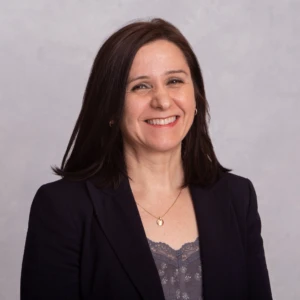
CIO

Chief of Psychiatry

Chief Administrative Officer
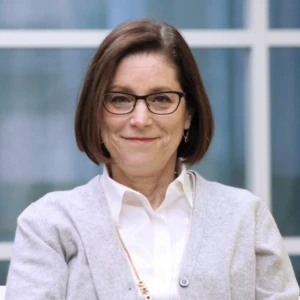
Chief Legal Officer
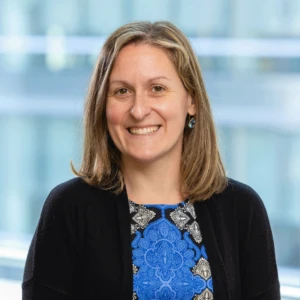
Chief Development Officer

Chief Medical Officer
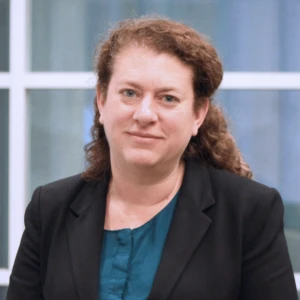
Chief Program Officer
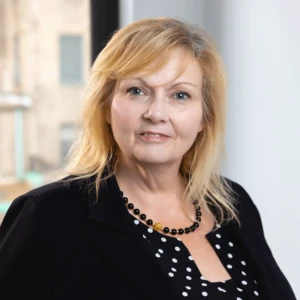
Chief Nursing Officer

CFO





